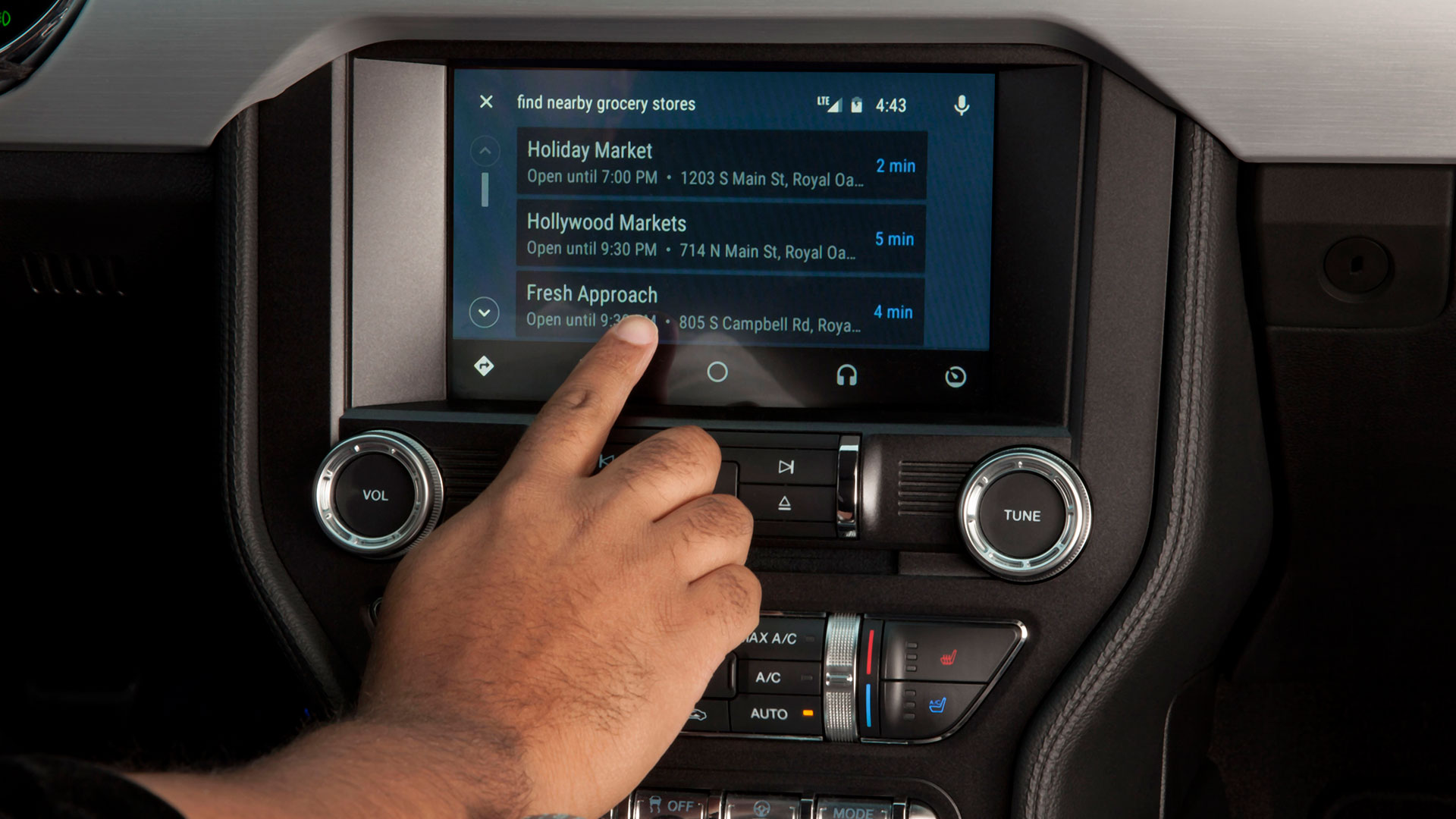

Ford and Toyota announced Wednesday that they are working with four other car companies to create industry standards for in-car apps, in a move that will likely help to block big tech companies like Apple and Google from having the final say on how motorists connect their devices to their vehicles.
The SmartDeviceLink Consortium, as the companies call it, currently consists of Ford, Toyota, Peugeot-Citroën, Mazda, Fuji Heavy Industries (a.k.a. Subaru), and Suzuki on the automotive OEM side. The group is working towards giving consumers better options as to how their smart devices will interact with their cars by developing an open-source software platform for future telematics. This could help simplify voice command systems and in-car screens, enabling car manufacturers to more easily implement car-smartphone apps for everyone involved.
“Connectivity between smartphones and the vehicle interface is one of the most important connected services,” said Shigeki Tomoyama, president of Toyota’s Connected Company. “Using SmartDeviceLink, we can provide this service to our customers in a safe and secure manner. We are excited to collaborate with many auto manufacturers and suppliers who share our view.”
Auto suppliers Xevo, Luxoft Holding, and Elektrobit are also part of the consortium, and Harman, Panasonic, Pioneer, and QNX have signed letters of intent saying they will join the group in the future. By expanding the number of companies involved in the partnership, Toyota, Ford, and the rest hope to keep a handle on how much vehicle data can be accessed by infotainment system apps.
While most new cars are capable of sharing some data—voice calls, music files, etc—via a simple Bluetooth connection, the more complex interactions between vehicle and device that consumers crave these days are currently mostly executed through programs designed by Google and Apple—specifically, using Android Auto and Apple CarPlay.